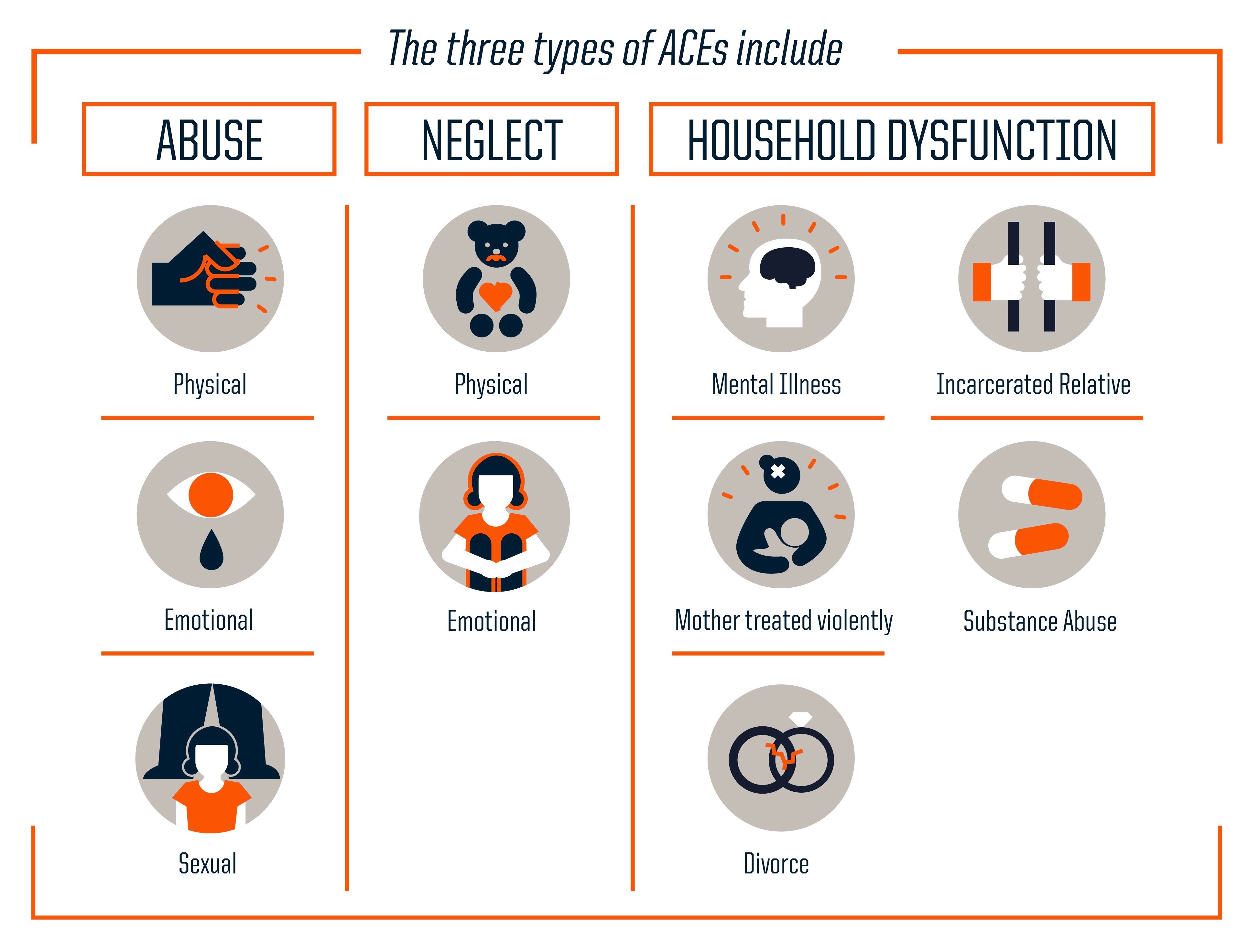

Dissociative Identity Disorder Dissociative Identity Disorder.Other Specified Dissociative Disorder & DDNOS.Depersonalization/ Derealization Disorder.Dissociative Disorders Dissociative Disorders.Borderline Personality Disorder and Others.Trauma Related Disorders Related Disorders.Overview of Trauma and Stressor-related Disorders.Trauma & Stressor Disorders Trauma & Stressor Disorders.Start your healing process today and increase your resilience to life stressors and improve your physical and mental health. Even though we cannot go back and change what happened to you as a child we can heal form the past and build resiliency now as a adult. Working on the experiences form the past that caused you harm and chronic stress will help you to live a healthier life as a adult.

Using EMDR helps to process traumatic or distressing memories and experiences from the past so that your nervous system and brain can let them go and no longer be triggered by them in the present. It is never too late to heal from childhood trauma. Now add up your “Yes” answers: _ This is your ACE Score. Was a household member depressed or mentally ill, or did a household member attempt suicide? No_If Yes, enter 1 _.Did you live with anyone who was a problem drinker or alcoholic, or who used street drugs?.Often or very often pushed, grabbed, slapped, or had something thrown at her? or Sometimes, often, or very often kicked, bitten, hit with a fist, or hit with something hard? or Ever repeatedly hit over at least a few minutes or threatened with a gun or knife?

Were your parents ever separated or divorced?.Did you often or very often feel that … You didn’t have enough to eat, had to wear dirty clothes, and had no one to protect you? or Your parents were too drunk or high to take care of you or take you to the doctor if you needed it?.Did you often or very often feel that … No one in your family loved you or thought you were important or special? or Your family didn’t look out for each other, feel close to each other, or support each other?.Did an adult or person at least 5 years older than you ever… Touch or fondle you or have you touch their body in a sexual way? or Attempt or actually have oral, anal, or vaginal intercourse with you?.Did a parent or other adult in the household often or very often… Push, grab, slap, or throw something at you? or Ever hit you so hard that you had marks or were injured?.Did a parent or other adult in the household often or very often… Swear at you, insult you, put you down, or humiliate you? or Act in a way that made you afraid that you might be physically hurt?.Adults with a score of 4 or more points are at serious risk. The higher your ACE score the higher your risk of health, social, and emotional issues. For each question that you answered yes to below you will receive a point.

There are 10 childhood traumas measured in the ACE score.


 0 kommentar(er)
0 kommentar(er)
